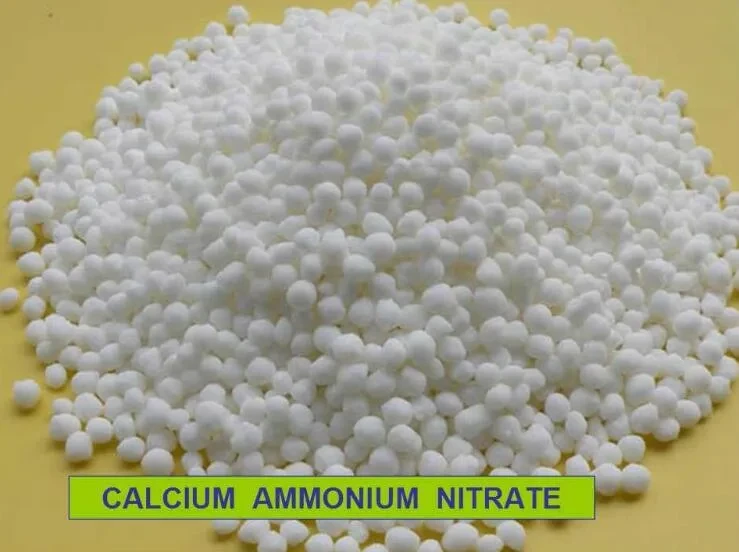



reverse osmosis filtration for swimming pool water
Reverse Osmosis Filtration for Swimming Pool Water
Reverse osmosis (RO) filtration is a cutting-edge technology that has gained popularity in various water treatment applications, including the maintenance of swimming pool water. This method offers an effective solution for ensuring crystal-clear, clean, and safe pool water by removing impurities, contaminants, and minerals that traditional filtration systems might leave behind. As the demand for high-quality swimming pool water increases, so does the interest in utilizing reverse osmosis systems.
How Reverse Osmosis Works
Reverse osmosis operates by pushing water through a semi-permeable membrane that allows only water molecules to pass through while blocking larger molecules, such as salts, minerals, and larger contaminants. The process relies on pressure to force the water through the membrane, which leads to the separation of purified water from the contaminants. The result is water that is not only free of undesirable substances but also lower in total dissolved solids (TDS).
Benefits of RO Filtration in Swimming Pools
1. Enhanced Water Quality One of the key advantages of using reverse osmosis in swimming pool water treatment is the significant improvement in water quality. RO systems effectively remove chlorine, chloramines, and other harmful chemicals, ensuring that the water is safe for swimmers and does not cause skin irritation or other health issues.
2. Reduction of Algae and Bacteria The filtration process of reverse osmosis effectively removes algae spores and bacteria, which are often challenging to eliminate with traditional systems. This leads to a healthier swimming environment and reduces the frequency of chemical treatments required to maintain pool hygiene.
reverse osmosis filtration for swimming pool water

3. Lower Chemical Use With RO filtration, pool operators can reduce their reliance on harsh chemicals for balancing and sanitizing the water. This not only leads to cost savings but also minimizes the environmental impact of chemical usage in swimming pools.
4. Sustainability Using reverse osmosis aligns with environmentally friendly practices. The process generates minimal wastewater, and by treating pool water more effectively, pools can achieve a lower frequency of water replacement. This can contribute to water conservation efforts, especially in drought-prone areas.
5. Longer Equipment Lifespan With fewer minerals and contaminants present in the water, reverse osmosis-treated pool water can lead to reduced scale buildup and corrosion in pool equipment. Consequently, this can elongate the lifespan of pool pumps, heaters, and other components, reducing maintenance costs over time.
Considerations for Implementing RO Systems
While the benefits of reverse osmosis filtration are substantial, there are a few considerations for pool owners and operators. The initial investment in an RO system can be higher than conventional filtration options, and regular maintenance of the system and the membrane is crucial to ensure optimal performance. Moreover, the setup may require additional space for the equipment.
In conclusion, reverse osmosis filtration presents a progressive and effective solution for swimming pool water maintenance. By improving water quality, reducing chemical usage, and promoting sustainability, RO systems are paving the way for cleaner, safer, and more enjoyable swimming experiences. As technology advances, it is expected that more pool owners will adopt this innovative method to keep their pools in pristine condition.
-
Why Sodium Persulfate Is Everywhere NowNewsJul.07,2025
-
Why Polyacrylamide Is in High DemandNewsJul.07,2025
-
Understanding Paint Chemicals and Their ApplicationsNewsJul.07,2025
-
Smart Use Of Mining ChemicalsNewsJul.07,2025
-
Practical Uses of Potassium MonopersulfateNewsJul.07,2025
-
Agrochemicals In Real FarmingNewsJul.07,2025
-
Sodium Chlorite Hot UsesNewsJul.01,2025










